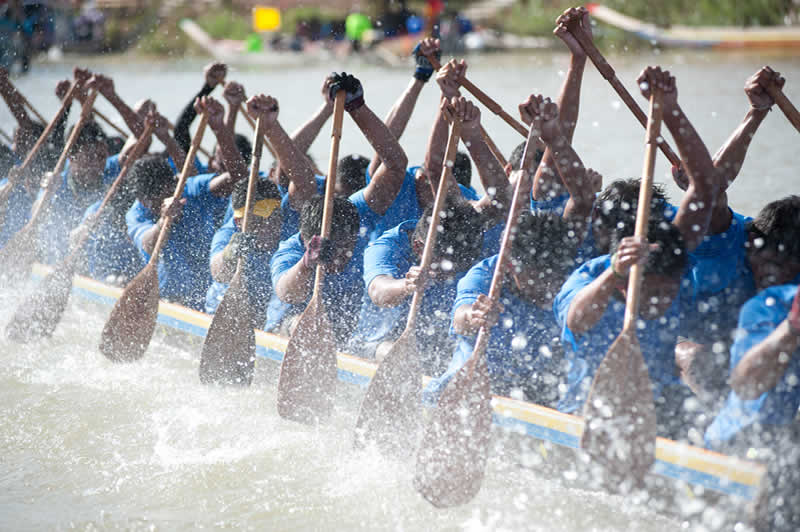Ask Us About Our Remote / Virtual Team Development Options!
Great teams don’t just happen!
They are designed and built carefully, They require training, a good understanding of the stages of team development, and strong leadership as example and guide.
All teams go through a process of growing and developing from a collection of individual contributors to a strong team.
BHR Training custom-designs teambuilding programs that address your teams’ strengths and identify areas for improvement. We help your teams understand their internal dynamics and explore ways to increase productivity and cohesiveness within each team, while staying true to your organization’s goals and vision.

Researcher Bruce Tuckman identified four distinct stages of team development: Forming, Storming, Norming, and Performing:
At this stage team members get to know one another, begin to make friends within the team, and share bits of personal information with each other. Most team members will be on their best behavior, but they all still operate independently because they are just learning about the opportunities and challenges of the new team. They haven’t agreed on goals yet, or begun to address the tasks related to those goals.
At this stage team members get to know one another, begin to make friends within the team, and share bits of personal information with each other. Most team members will be on their best behavior, but they all still operate independently because they are just learning about the opportunities and challenges of the new team. They haven’t agreed on goals yet, or begun to address the tasks related to those goals.
As individuals begin to jockey for position and clarify their roles on the team, the potential for conflict increases. Different personalities and work styles can create tension and frustration. New goals and emerging processes will be seen differently by some team members. Others may challenge the authority of the team leader, question the team’s goals, or resist taking on tasks. This is a stage where many teams can fail if they are unable to get past initial conflicts and establish a culture of understanding and a focus on the team’s goals.
When the hard work of the team begins to lead without conflict to the achievement of the team’s goals, the team has moved into the Performing phase. At this point, leaders may begin to delegate some responsibilities so that leaders can focus on developing individual team members.
At this stage team members begin to feel pride in the team and confidence in their goals. People leaving or joining the team creates less disruption.
Every successful team goes through all of these stages…you can’t sidestep or eliminate any of the steps from forming to performing. Typically, this is not a linear process, where you just go through the stages once and be at the ‘performing’ level from that point forward. Successful teams understand that they will be maneuvering between these four stages as needed, depending on the circumstances that they encounter, for example:
- A change of team member composition will automatically put the team back into forming, as all get to know the new member and the new team member gets to know the team.
- A change in process or procedure can re-ignite storming and norming while the team figures out how to best integrate changes into the operation.
- A change in goals or direction can also re-ignite storming and norming as the team assimilates and “buys-into” the new goals.

